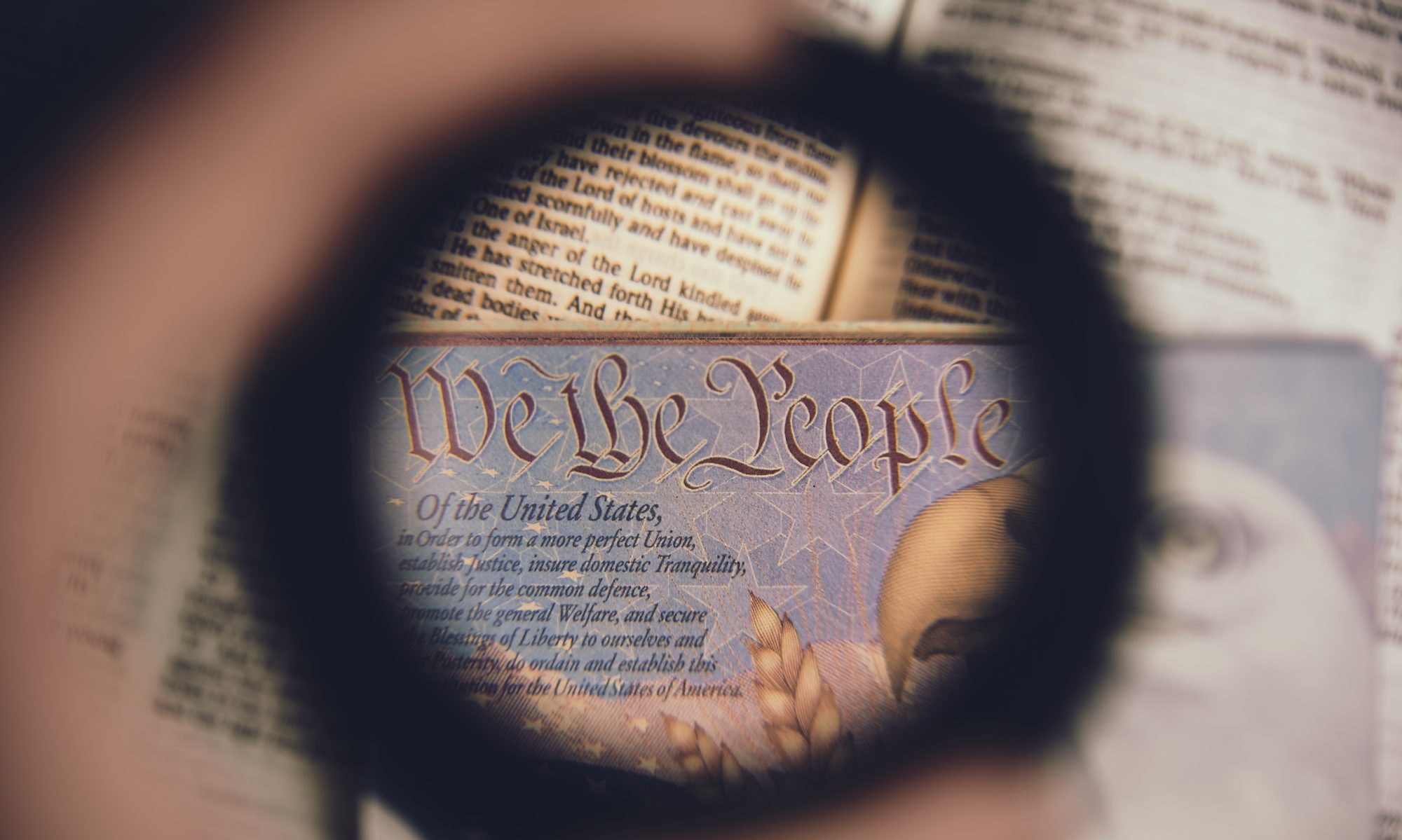
This Constitution, and the Laws of the United States which shall be made in Pursuance thereof; and all Treaties made, or which shall be made, under the Authority of the United States, shall be the supreme Law of the Land; and the Judges in every State shall be bound thereby, any Thing in the Constitution or Laws of any State to the Contrary notwithstanding. .
The supremacy clause is one of the most misunderstood and abused provisions in the Constitution.
Nearly every American will tell you the supremacy clause means the federal government is absolutely supreme in all it does.
And every one of them is wrong.
The problem is they leave out the three most important words in the clause.
“In pursuance thereof…”
The federal government is only supreme when its actions are in pursuance of the Constitution. And since the Constitution delegates very few powers to the general government, it isn’t supreme very often.
In fact, the people of the states are supreme and sovereign in the American system. The people of the states created the federal government and delegated to it a few enumerated powers. Yes – the federal government enjoys supremacy within its sphere. But once it moves one inch outside of its sphere, it possesses no supremacy at all.
Alexander Hamilton explained this in Federalist #33.
“If a number of political societies enter into a larger political society, the laws which the latter may enact, pursuant to the powers intrusted to it by its constitution, must necessarily be supreme over those societies and the individuals of whom they are composed….But it will not follow from this doctrine that acts of the large society which are not pursuant to its constitutional powers, but which are invasions of the residuary authorities of the smaller societies, will become the supreme law of the land. These will be merely acts of usurpation, and will deserve to be treated as such. Hence we perceive that the clause which declares the supremacy of the laws of the Union, like the one we have just before considered, only declares a truth, which flows immediately and necessarily from the institution of a federal government. It will not, I presume, have escaped observation, that it expressly confines this supremacy to laws made pursuant to the Constitution.”
The Constitution clearly limits federal supremacy to those objects falling within the general government’s delegated powers and not one iota beyond them. When the federal government takes an action outside of its delegate it is, as Hamilton said, “void.”
Be sure and visit our friends over at the Tenth Amendment Center and Alabama’s BamaCarry Inc

